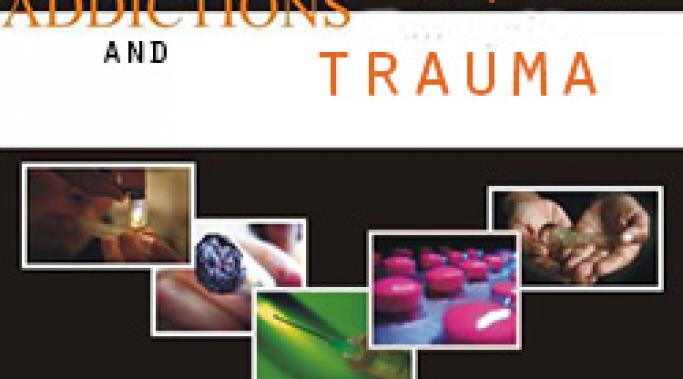Dear Mr. President:
Congratulations on your recent victory. Now, as you plan the next four years, I'd like to offer a few suggestions on how you can help those of us living with mental illness. Fight for parity in mental health treatment, work to reform the fragmented mental health system, and attack the stigma behind mental illness.
More than Borderline
As I write this, I feel a mixture of disappointment, anxiety, betrayal and anger. While I was admitted to the alcoholism treatment center last week for rehab, treatment did not go as planned. Short version: the staff decided my psych symptoms (anxiety and flashbacks) necessitated a trip to the psych ward. They transferred me by ambulance, held on to my medication and property, then decided I no longer met criteria for inpatient admission at their facility after I spent five days on the psych ward.
Sometimes treatment providers screw up. We have to know how to face it when that happens.
Sometimes, certain situations can cause a "trigger", or a flare-up of symptoms of borderline personality disorder (BPD). What can you do when you have to face a trigger?
Today is the day.
Today, I will report to the hospital for an assessment of my alcoholism. If there are no surprises, I will be admitted for a two-week stay. I will finally face my alcoholism in the hopes of getting it back into remission.
Facing my addiction to alcohol will involve a great deal of facing my past. Like my borderline personality disorder (BPD), my alcoholism did not develop overnight and a large part of the problem lies in past trauma. Just as my BPD will impact my treatment, so will the root of the problem: my past.
Good news. I heard from the therapist who treated me in college, Dr. Cynthia Wall. I told her I was ambivalent about paying $115 for treatment I wasn't sure I needed. She wrote "I imagine you know what my bias is, but I will say it anyway. No money is wasted on treatment, particularly that related to an addiction. You are worth it!!!"
I also found that I can get the money together given a little time. So now that the money issue is dealt with, I have one more hurdle to clear: psychiatric clearance. Basically, how will borderline personality disorder (BPD) impact my treatment?
Last night, I decided I wanted to get sober. Since I've been drinking heavily the past few days and have had DTs in the past, I went to my treatment team's hospital and told them I was afraid to sober up in an outpatient setting. The crisis counselor and I talked for a while, then she told me they didn't have inpatient treatment for alcohol and drugs. She gave me a one-page list of places that offer substance abuse treatment and sent me home.
Dual diagnosis treatment, at least in Indiana, is hard to find. And that makes a difficult situation almost impossible.
Psychiatric treatment is plagued by budget cuts and bed shortages. For example, Indianapolis has only seven beds for emergency psychiatric care for the indigent.
In this video, I talk about why federal and state budget cuts and bed shortages are harmful and even deadly to people with Borderline Personality Disorder and other mental illnesses.
Today is my birthday, and it's left me in a somewhat reflective mood. For someone as young as I am, I've accomplished a lot. I've published a book about military desertion for reasons of conscience. I've won three awards for my writing. It's not bad for someone who hasn't yet hit 35.
But I have borderline personality disorder (BPD), and a Demanding Parent mode that says "not good enough".
Last week, I met Mel, the crisis counselor from the 10th level of the Nether Regions. Short version: a medication dosing error combined with hormones put me in the Crisis Intervention Unit. Mel's job was to talk to me--and I learned that sometimes counselors just don't get it. She nearly reduced me to tears and I seriously considered asking her to stop talking to me. I left feeling worse than when I went in.







